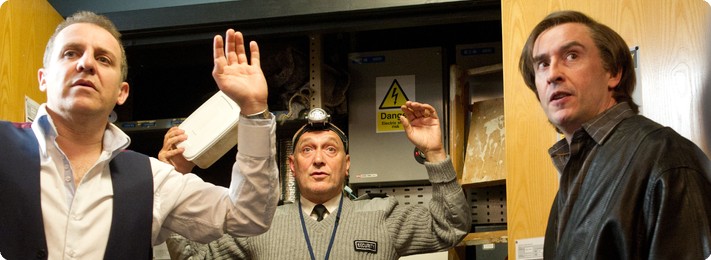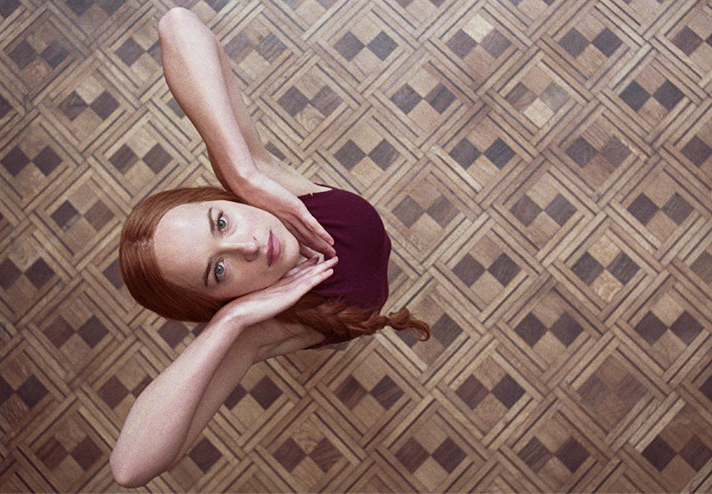The Cornerhouse is a most appropriate setting for the opening of The Great Gatsby. The building, resembling a petite version of the Flatiron in New York, somehow feels like part of a forgotten era, reminiscent of F. Scott Fitzgerald’s comment on high society, with its tumultuous decadence and doomed love affairs. In fact, this is nearly the case. The Cornerhouse is merging with the Library Theatre (to become ‘Home’), and both are soon to be relocated to First Street leaving in their wake the echoes of a thousand parties and doomed love affairs.
The 1925 novel, set in New York, has reached its fifth film adaptation with director Baz Luhrmann (Moulin Rouge, Romeo and Juliet). Adapted by Luhrmann himself with Craig Pearce, the film opens with the strange device of the narrator, Nick Carraway (Tobey Maguire) recovering from his alcoholism in a Sanatorium.
His doctor suggests Carraway write his story. What has brought him to this point in his life? This‘depression’ serves as a heavy-handed analogy for what had happened to the United States after the Roaring Twenties and the following crash of the Thirties or ‘Great Depression’ – see what the writers did there?
The enigmatic Gatsby is at the root of all of Carraway’s hurt. Not because he is to blame for this anxiety, but because his demise represents the end of anything good and decent about those otherwise heady days, like Gatsby’s green beacon of light across the water in an air filled with sickly-sweet cigar smoke.
It is a bonkers and often bewildering adaptation with one or two lovely moments. Of course, the party scenes are what Luhrmann does best: spectacle. Sadly, it’s more pop video than careful commentary. In fact, when Luhrmann stops pissing about being Luhrmann and simply tells the story, the film is electric.
Leo Di Caprio does a fine job in the title role. He doesn’t have to stray too far from his own public persona to find the character and he’s arguably the best Gatsby to date. Reinvention has been part of Di Caprio’s mode over the last few years. Like Gatsby, the once enfant terrible now shrouds himself in mystery.
There are also some fine choices in the supporting roles. Joel Edgerton is suitably selfish and rich in the part of Tom Buchanan (a part originally meant for Ben Affleck before Argo’s scheduling clashed). Also of note is Isla Fisher as Myrtle Wilson and Aussie newcomer Elizabeth Debicki as Jordan Baker. Debicki is incredible in the role and, at times, far out performs her more famous co-stars.
There’s actually not much wrong with the acting. The cast give committed and credible performances. The problem is, when a novel’s major themes (the decline of the American Dream and the hollowness of the Upper Class) are trivialised and worshipped by the filmmaker, the overall effect is like chewing on a Hubba Bubba. It is tasty but it’s never gonna nourish you, is it? Shame.
Review by Lucia Cox
 What: The Great Gatsby is playing at Cornerhouse, Manchester and is on general release nationwide.
What: The Great Gatsby is playing at Cornerhouse, Manchester and is on general release nationwide.
More info: www.cornerhouse.org











